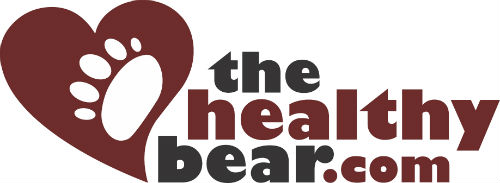
Today I wanted to share an article highlighting the worrying statistic of escalating HIV rates within gay men of colour in the USA: Will the ManDate Model Tackle HIV Rates in Black Gay Men?
Thirty-five years into the HIV/AIDS epidemic, the state of black, gay men’s health is central to the discussion about how to eradicate the virus. For black, gay men, the narrative has grown increasingly scary, as we are now the U.S. group most affected by HIV and other sexually transmitted infections (STIs). Fortunately for us, this concern has not gone on deaf ears, and many institutions and organizations have begun to focus on black, gay men in order to change this grim narrative.
A recent Centers for Disease Control and Prevention report projects that 50% of black gay men will contract HIV in their lifetimes. Because the likelihood is even greater for those who live in the South, where resources and education are much more limited, PHL seeks to expand its work in the region.
The program focuses on thee service areas: building community, promoting health and fostering communication. Using the “Mandate Health Model,” PHL addresses concerns from the nine health and wellness areas to help bring about positive change in the way black, gay men approach HIV. This intervention helps overcome the lack of programs for black, gay men needing assistance with HIV education and resources. The community building aspect helps to tackle social risk factors derived from the lack of support systems, discrimination and homophobia. It also addresses the behavioral risk factors that prevent black, gay men from engaging in healthier sexual practices. Finally, it addresses HIV and STIs and attempts to change their disproportionate impact on our community.
I have found this article had a huge impact on me when contrasted with the recent loss of lives, highlighting of the vast inequity in the lives of people of colour and their white counterparts. Not only in discrimination but also in health.
As I have shared in previous lectures on men’s health, gay men’s health already lags well behind that of heterosexual men. Adding the layer of race shows a vast void in education, resources and engagement for gay black men with general and sexual health topics.
I’m heartened to see this multi pronged approach and I hope this can help lead to greater health outcomes for the community. I am keen to research similar correlations here in Australia within our own gay Aboriginal community.
Yours in equitable health.
Dr George Forgan-Smith

Leave a Reply